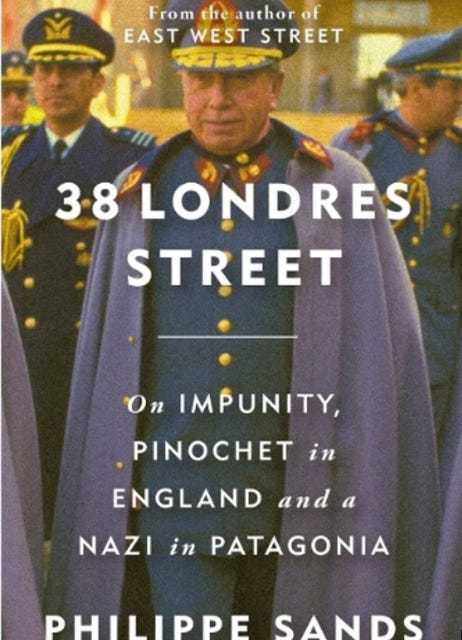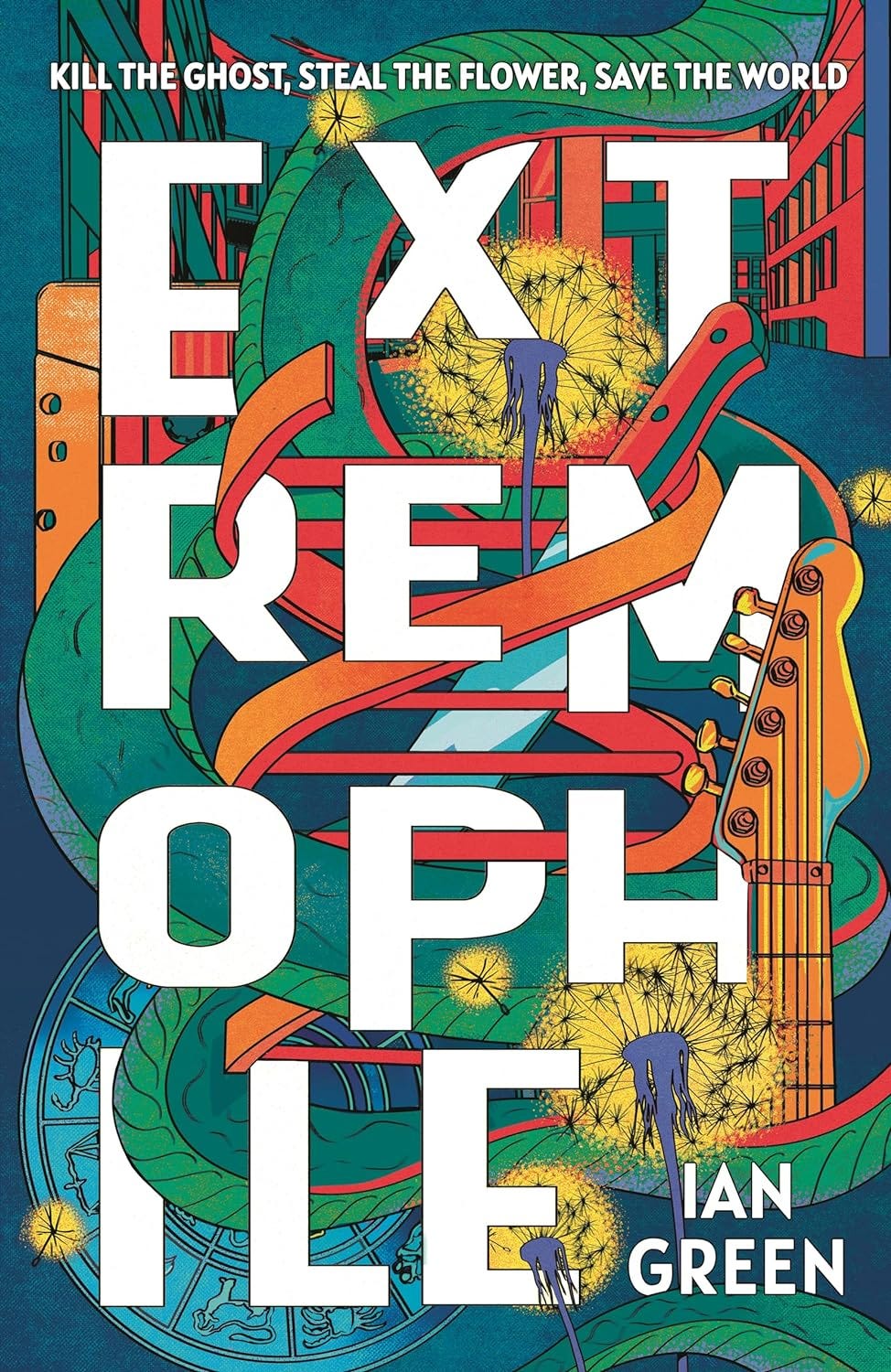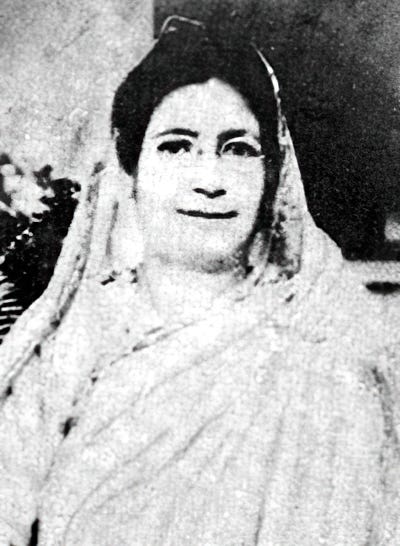Words for Worlds - Issue 98
Hello everyone, and welcome to another issue of Words for Worlds.
Starting off with some pretty unexpected - but rather amazing - news: THE SENTENCE is a finalist for best adult SF novel in this year’s Ignyte Awards (the shortlist was announced last week). You can take a look at the complete shortlist (in all categories) here.
I am - separately - chuffed to see Shrinidi Narasimhan’s excellent Strange Horizons essay on non-Anglophone South Asian SFF, In Other Wor(l)ds, on the best creative non-fiction shortlist, as this was an essay that I commissioned and edited. It took a few years in the making, but it has made its mark, as you can see.
The Ignyte Awards follow a part-juried, part-popular vote structure. The shortlists are selected by a (fairly extensive) jury. And we’re now in the public vote stage: so if you have some time to spare, and are so inclined, you can vote for THE SENTENCE here. It is at a bit of a disadvantage, naturally, because the book isn’t yet available outside South Asia, but hey, the nomination itself was a wonderful surprise, so I’m not complaining.
And if you’d like to read the novel before deciding on your voting choices, you can, of course, get it here.
What I’m Reading
I picked up 38 Londres Street at the Sydney Writers’ Festival in May, after listening to a rather compelling talk by Philippe Sands on the book. Actually, I did not need the talk as an incentive (although it didn’t hurt): the moment I learned that the book was an investigation into the afterlives of the coup against Salvador Allende, I knew I had to read it. Ever since I read Ariel Dorfmann’s memoir as a teenager, this is a time and place in history that I have been fascinated - and enraged - by; both emotions have grown over time, with more Dorfmann (Death and the Maiden), the songs of Victor Jara, the protests and movements of the 2010s, and - most recently - Evgeny Mozorov’s brilliant podcast, The Santiago Boys. For various reasons, I think that it is part of being on the left in this millennium to look back on Allende’s Chile with an eternal “what if”, even as that world perennially recedes into the past.
38 Londres Street (named after the address in Santiago where Pinochet’s security services tortured and disappeared the regime’s political opponents) consists of alternating chapters set in alternate periods: one storyline is the attempt - initiated by the Spanish Judge, Baltasar Garzon - to arrest, extradite, and try Pinochet under universal jurisdiction while he was convalescing in London in 1998. It is essentially courtroom drama, the legal back-and-forth between two sets of legal teams - for the Spanish authorities on the one hand (alongside human rights NGOs), and for Pinochet on the other. The other storyline is Sands’ investigation into the links between Pinochet and the Nazi regime, embodied through the figure of the former SS Officer Walther Rauff, who - after the fall of Nazism - fled to Latin America via the Arab world, and ended up in the southern part of Chile. On a breadcrumb trail, Sands draws out evidence that suggests - without ever being conclusive - that Rauff had a role to play in devising the torture and interrogation techniques for Pinochet’s regime (down to the design of a “concentration camp”) - thus providing a thread that linked one totalitarian regime with another.
I read 38 Londres Street in a single sitting, utterly enthralled. Sands is a fantastic writer, with a flair both for drama and for detail, and a generous helping of luck (such as being the neighbour of the duty Magistrate before whom Pinochet’s arrest warrant was brought the first time!). 38 Londres Street reads both like a detective story as well as a haunting account of the Pinochet regime’s crimes in Chile.
However, while I loved the book on my first read, as I sat with it for a while, there were certain things that made (and continue to make) me uneasy. Chief among these is a somewhat jarring dissonance between the two storylines. The investigative trail is a trail of utter brutality and State-sanctioned cruelty, sanctioned by the “West” (which backed Pinchet to the hilt). On the other hand, the courtroom drama reads akin to a parlour game, as both “sides” trade legal tactics before a panel of apparently “neutral” referees (the House of Lords). What is more jarring is that Sands himself appears to treat this as something of a game: we’re repeatedly given to understand that Pinochet’s British lawyers are women and men of upstanding integrity, and Sands is at some pains to tell us that he remains good friends with them after all these years.
Sands’ answer to this - which comes out in the book as well - is, of course, a familiar one: the famous “cab-rank rule” of the British legal system, which forbids any association of a lawyer with the cause/client that they represent. In my other life, I have written about why I think the cab-rank rule is a lawyer’s trick to evade moral accountability, and this is not the place to rehearse those arguments (see here). The point is, however, that Pinochet was not just another accused individual facing the might of the State, and in need of high-quality legal representation to even the odds against him: as Sands himself tells (and shows us), everything about the Pinochet case was radically political, with the governments of Britain and Spain distinctly unenthusiastic about the possibility of the ex-dictator facing accountability for his crimes - politics that splayed out into the case (for instance, at one point, Sands talks about how the-then foreign secretary, Jack Straw, was taking legal advice from Jonathan Sumption QC - but omits to mention Sumption’s own well-known right-wing views, and his proximity to Margaret Thatcher, one of Pinochet’s greatest fans).
And if the Pinochet case was, at its heart, about impunity - impunity for some of the most serious crimes human beings can commit upon each other - then treating the case as a Queensberry Rules boxing match where the combatants politely shake hands at the end seems a serious trivialisation. How do you go, in one chapter, from describing how Pinochet’s security services likely literally grounded the corpses of the people they had murdered and fed them to a fish farm, to talking about how good pals you are with the people who moved heaven and earth to shield Pinochet from the consequences of precisely such crimes? The “cab-rank rule” really doesn’t cut it for me.
I do wonder if it is the distance - in time and in space - that allows Sands to be so sanguine about this. The coup against Allende took place more than fifty years ago. Most of the protagonists are dead. There is little chance of any genuine accountability now, or the resurrection of Allende’s political vision from the grave (it is also, of course, a very different time). And so, this can indeed be treated as one-part detective story and one-part courtroom drama: after all, the actual challenge that Allende represented to the US-dominated economic and political order was buried with Allende’s own death, and the violent suppression of the Chileans who adhered to, or sympathised, with his political programme. When one combines this with Sands’ equivocation about Israel’s genocide in Gaza (equivocation that continued even at the Sydney Writers’ Festival as late as May 2025 - Sands, himself an author of books about genocide, quite notably refused to use the word “genocide” when the issue of Gaza came up), one wonders whether 38 Londres Street only exists because those whose story it tells are no longer around to stake their claims upon the pages of history.
Three robot novels. Three novels about the end of the world. And one of these, a novel about robots at the end of the world. Yes, I’m reading the Arthur C. Clarke Award shortlist this month, for a review essay due for Strange Horizons at the end of the week, and for a preview event I’m doing with the British Science Fiction Association on the 22nd of June (the award ceremony is on the 24th). I’ve read five of the six novels so far (I’m saving up Ministry of Time for the last), and so far there is a very retro feel about this shortlist (see the themes above). I’m still collecting my thoughts about what I make of it all, so instead of waffling here this week, I’ll link to my review essay in the next edition of the newsletter.
What’s Happening at Strange Horizons
Throughout this month, Strange Horizons is running its annual fund-drive - our major source of funding for the year (we are - and have been since we began in 2000) - an entirely crowdfunded magazine. We’re just under halfway to our goal, so if you have some spare cash under the mattress, a donation (of whatever amount) would be highly appreciated. You can donate to the Kickstarter here (and if you’re in two minds, the Kickstarter also has information about our history, and why you might consider donating).
As for substantive pieces, along with a lot of other people, I’ve been quite cut up about Amazon Prime’s decision to cancel The Wheel of Time after its third season. I felt that after a long, long time, WoT was an epic fantasy show that I could really love, and it feels quite cruel to have it taken away just as it was hitting its stride. For that, Marina Berlin’s review essay of Season 3 - fair and even-handed - was quite cathartic.
You can also check out our Fund Drive special issue - where we release pieces as we hit certain funding landmarks - for a flavour of the magazine’s work as a whole.
The Indian Scene
From 9 June to 20 June, Himal Magazine is hosting a South Asian Speculative Fiction festival (Future Fest), featuring panels and stories. Amal Singh’s story as part of the fest, “We Have Always Lived in the Temple,” can be read here (account required). You can also watch the panel on contemporary South Asian speculative fiction (that I moderated) here.
Recommendations Corner
I’ve recently been working on a long essay about the history of Indian science fiction (more on that later), as well as the Introduction to the IF Anthology of Indian SF. Both these essays have re-introduced me to some of the very early proto-pieces of Indian SF, and to appreciate them anew. So, if you’re looking to go back to the beginning, may I recommend:
The Sultana’s Dream, by Rokeya Sakhawat Hossain (anti-patriarchal social SF that preceded novels like Herland by a few years) (1905).
Niruddeshar Kahini, by Jagdish Chandra Bose (science-fantasy by the famous physicist and biologist) (1896).
Baeesveen Sadi, by Rahul Sankrityayan (utopian dreaming set in the 22nd century). (1924)
I’ll place these in more detailed context in those two pieces, which I should be able to share next month.







